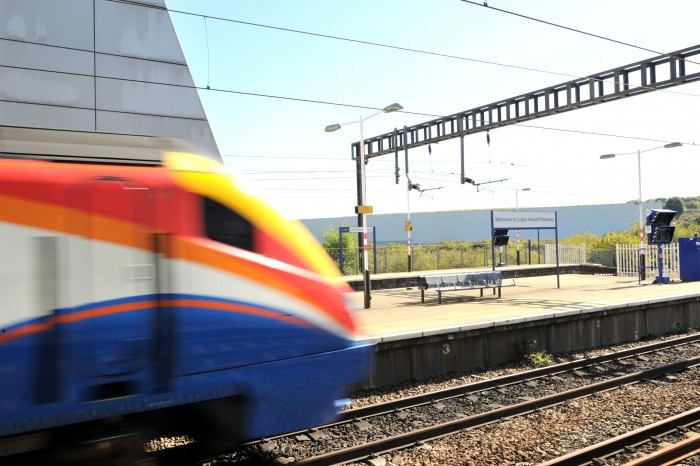
Trainline claims £8m in savings from price prediction tool
Trainline has claimed UK rail travellers have saved £8,822,510 since the launch of its Price Prediction feature, the UK’s first predictive rail pricing tool, seven months ago.
The feature, available in the Trainline app, has already been engaged with by nearly two million customers looking to make smart savings on their rail journeys.
People in London have made the greatest total savings on rail journeys – nearly £2 million in total - followed by travellers from Yorkshire, where total savings were over £1 million, and areas of the Midlands who saved £701,416.
Price Prediction looks at billions of journey searches across the UK to give customers an at-a-glance snapshot of all available opportunities to save money when buying advance tickets.
It indicates when a ticket will be the best value, helping travellers identify the best time to book. Customers have embraced the feature, saving millions on their journeys.
ADVERTISEMENT
Based on data from earlier this year, an example would be that a standard class advance single fare on a London Euston to Manchester Piccadilly route is £27 at 96 days before the day of travel, rising to £39.5 at 34 days before the day of travel, £88 at 14 days before and costs £145 on the day of travel itself.
A total saving of £118 could be made if booked 96 days before travel.
Fergus Weldon, head of data science at Trainline, said: “Advance rail ticket pricing can be complex, and customers may miss opportunities to save.
“Our Price Prediction tool tells customers when prices are likely to rise, helping them make savvier purchasing decisions.
“Saving UK customers nearly £9 million is great to see and shows that technology has the power to really enhance how people travel.
“Our mission is to keep building innovations like Price Prediction that will help make travel as simple and easy as possible, all while saving customers valuable time and money.”

